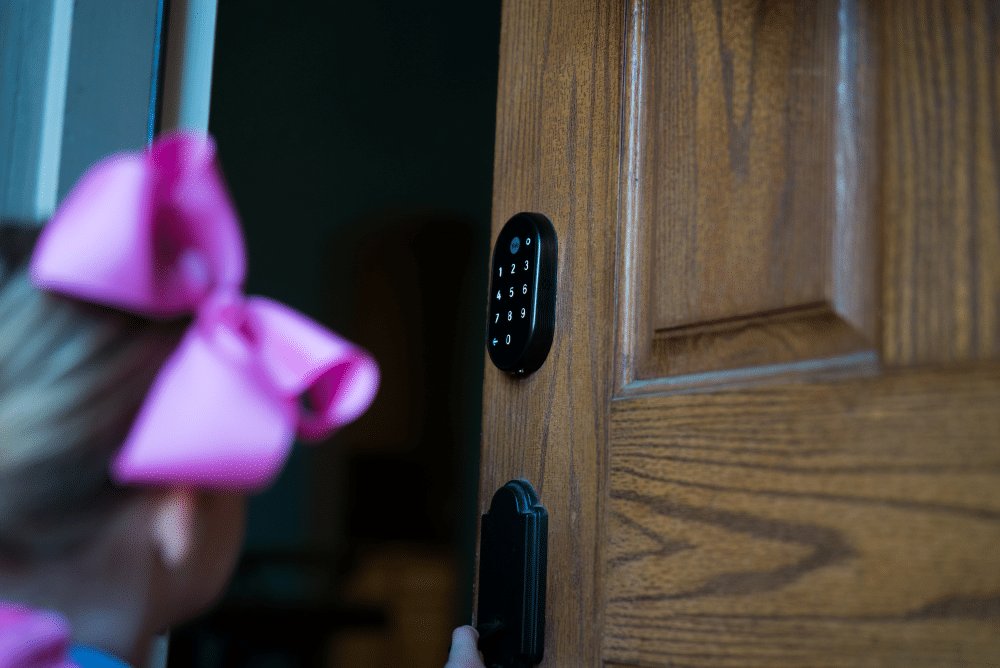Home surveillance systems make consumers susceptible to terrifying cyber assaults.
A Mississippi family reported this week that a voice over their Ring camera told their 8-year-old that he was Santa Claus and asked if they could be friends. In October, a California man reported that his home Nest camera in his 18-month-old’s room had been hacked. In that instance, a woman’s voice was heard yelling, “I’m coming for your baby,” to the couple’s nanny, who was also in the room.
CBS News has revealed earlier this year that an Illinois family became the target of a mysterious assault in which the attackers “hurled obscenities” over their child’s Nest camera and switched up to 90 degrees of their home thermostat.
Ring, operated by Amazon, confirmed for the first time on Thursday that “malicious hackers” had stolen passwords from certain customers and obtained entry to their accounts.

Ring urged users to build secure passwords in a blog post and included a connection to allow so-called two-factor authentication while signing in, a more efficient way to protect online accounts.
The exploits could be connected to a podcast on which, according to Vice, the hosts broadcast live instances of their breaking into home surveillance systems and threatening people.
Discord reported in a comment to CBS MoneyWatch that it had “located the database used by NullCast and terminated both the network itself and all the client accounts connected with it for infringement of its service terms.”
Discord was highlighted in a new New York Times report that claimed that via digital video games, sexual offenders are exploiting children.
It seems that the login weakness of home cameras has been established for some time.
“Every accident in which anyone feels insecure at home is profoundly tragic and something Nest is striving tirelessly to avoid. That’s why confidentiality and protection is the cornerstone of our project,” said a Google spokesperson in a statement.
Ring did not respond to the attacks as breaches, but instead claimed that they were the product of “evil actors” obtaining exposure to passwords used by users of certain phones or digital services profiles, and instead utilizing such passwords to enter Ring accounts.
Deral Heiland, the Internet of Things lead analyst at cybersecurity research firm Rapid7, thinks that Ring, Nest and others will find it hard to put an end to such attacks. In part, that’s because consumers commonly reuse passwords, and manufactures are reluctant to require two-factor verification because some users find it difficult, he said.
But the main problem is that the products are popular, attracting hackers.
“People really need to think about where they install these cameras,” Heiland said. “External cameras make sense. In a bedroom or bathroom, it is questionable.”
At Fort Knox, we make sure to carry the highest quality & hackproof systems available. There are benefits to having an easy DIY system, but it comes at a cost. The best bet for anyone is to have professional grade equipment installed by a pro. Check out our home security systems & create a custom package built around your lifestyle.
